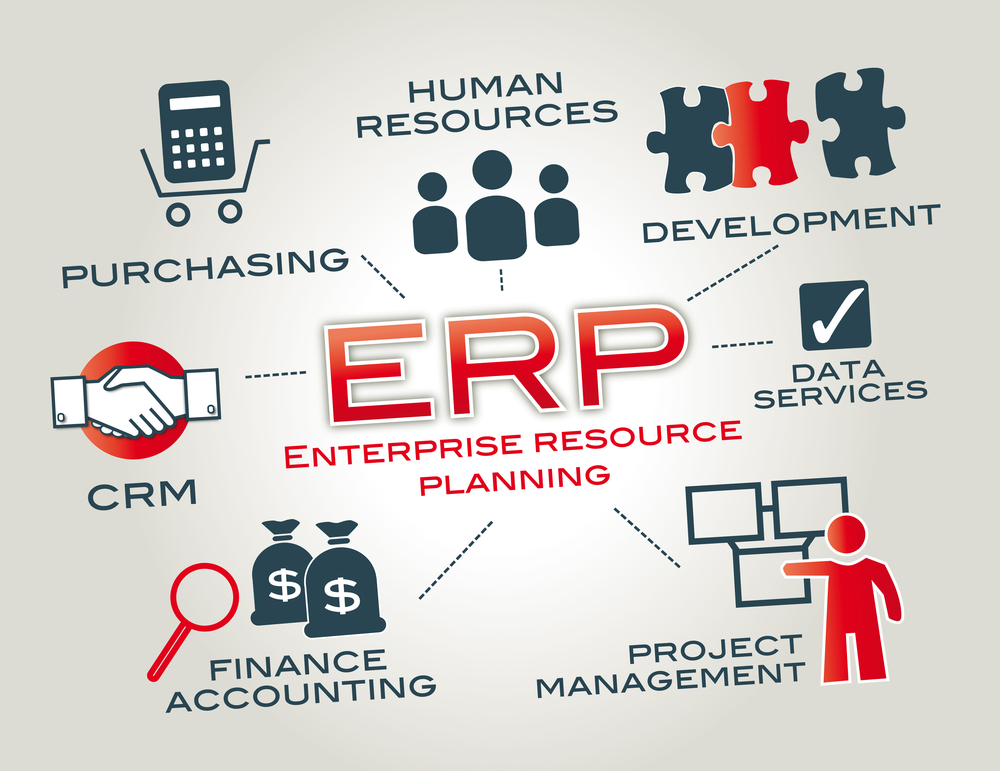Posts Tagged ‘Optimization of business solutions’
The Difference Between Generative AI vs. Traditional AI for Businesses
What is the Difference Between AI & GenAI? Traditional AI: For businesses with strong technical savvy or support, Traditional AI involves leveraging your existing numerical data to build models that automate processes, optimize operations, and enhance decision-making. It includes predictive analytics, customer segmentation, and recommendation systems, all of which need sophisticated engineering and other AI…
Read MoreGetting Rid of Uncertainties
Managing the risks by getting rid of uncertainties is a skill all project managers should have. The project manager must identify possible risks involved in a project and implement actions that will allow a better control during the realization of the project. The actions that must be taken will be established with decision-making. Getting…
Read MoreProject Interdependence, a crucial factor
Project management has been alive and well for the past decade, but some aspects of this profession remain misunderstood. That is the case when project interdependence could substantially hike implementation cost and time—if you don’t watch out. Imagine you’re piloting an airliner. You and your crew’s job is getting the plane and passengers to…
Read MoreStrategic Planning : 5 Steps to a Successful Project Cutover Plan
The deployment plan, release, or implementation (cutover plan) is an essential part of project management. Implementation is the culmination of an information technology project. How to ensure a positive outcome? With strategic, rigorous and detailed planning. Here are the five key milestones. 1 – Strategic planning deployment as early as possible The stake of…
Read MoreThe solution architect’s project management role
The solution architect has a key role in creating IT solutions. Enterprise, application, technological and data architects are each involved in designing all or part of the overall solution. The solution architect is an innovator, designer and standard-setter. He is involved in all four project phases of an IT project: feasibility, start-up, design and…
Read MoreHow to successfully implement an ERP system?
Launching an enterprise resource planning (ERP) system is a big deal for any business. Users often have trouble adapting to new technology and a change of habits. The implementation of the ERP system requires having a plan. How to successfully implement an ERP system? The secret is to split the project into different stages.…
Read MorePost-Implementation Support : Three Keys to be Successful
The post-implementation support phase concludes all IT projects. It ensures a smooth, effective transition from the consulting firm overseeing the project to the client’s teams. Support is provided for one to three months, depending on the type of project and the amount of change caused by the new solution. What is post-implantation support?…
Read More7 Steps to Ensure Adequate Business Controls
Business internal controls should be considered as an integral part of financial system implementation. Why? On one hand, controls generate costs to the organization. On the other hand, a lack of controls may also result in substantial tangible and intangible costs. It is essential to ensure that adequate controls are implemented, sustained, evaluated and…
Read MoreHow to work with consulting firms?
When we want to work with consulting firms, it is important to have a plan. This first step of the project planning phase is defining the desired solution and the scope of the project. That way you have a general project plan and summary estimates on hand to help you decide which parts of the…
Read MoreProject environments
A project environment does not necessarily correspond to a distinct physical server. Rather, it is a logical environment made up of a database and a copy of the software. Project environments are like test tubes in a laboratory. We control their content, we log the changes we make, and we record the results of…
Read More









